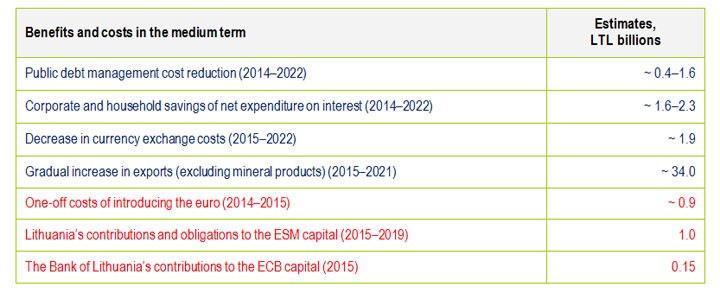Benefits and Costs of Fixed Exchange Rates
Post on: 23 Август, 2015 No Comment

Readers Question: Evaluate the advantages and disadvantages of both a floating exchange rate and a fixed exchange rate. Is there a “better” one to have?
A fixed exchange rate occurs when a currency is kept at a certain level compared to other currencies. In practise many of them are semi fixed exchange rates like the Exchange Rate Mechanism ERM.
Benefits of Fixed Exchange Rate
Helps reduce Inflation. The argument is that if you are in a fixed exchange rate, you need to keep inflation low, otherwise the currency will start to fall below the target level. In a floating exchange rate, countries with high inflation can merely devalue, therefore there is less anti-inflation discipline.
- However, being in a fixed exchange rate is not necessary to control inflation. The UK left the ERM in 1992 but has a good anti inflation performance between 1992-2007. arguably it is better to target inflation directly, rather than indirectly through the exchange rate
Helps reduce Uncertainty and increase investment. Fixed exchange rates enable firms to plan ahead because they know future costs and prices of exports and imports. This should encourage investment because firms have a better plan about the future. For example, in a floating exchange rate a rapid appreciation can make your exports uncompetitive and you could even go out of business because of fluctuations in the exchange rate.
- However, exporting firms can hedge against fluctuations in the exchange rates. They can purchase options which acts as an insurance against volatile exchange rates. Also, if demand for exports is inelastic then a rise in export price is not a problem (at least in the short term)
Costs of Fixed Exchange Rates
- Wrong Value. If you join an exchange rate at the wrong value, it can cause certain problems. If the value of the exchange rate is too high, then exports will become uncompetitive; this can lead to lower demand and lower growth. See: Problems of Overvalued Exchange rates .
- Difficult to keep exchange rate at correct level. If markets think exchange rates are overvalued, the government will have to intervene to keep the value high. For example, they may need to sell foreign exchange reserves and buy own currency. They may also need to increase interest rates to attract hot money flows. But, these higher interest rates may lead to lower growth. In 1992, the UK increased interest rates to protect value of Pound in ERM, but this caused serious recession: see: UK in ERM
Fixed Exchange Rates require economies to be of a similar stage of development and have a similar trade cycle. For example, many Arab countries used to peg their currency to the dollar. However, weaknesses in the US economy (large current account deficit, large national debt) means that this has become untenable and they have been forced to loosen their peg.
China used to try and peg the Yuan against the Dollar, but, rather reluctantly they had to let the Yuan appreciate because of the Chinese large current account surplus.
I am not a great fan of fixed exchange rates. At best they seem to last for a few years before circumstances force a revaluation or countries just leave. The UK benefited from leaving the ERM in 1992 and also benefited from avoiding the Euro. The Euro has caused serious problems for many European economies.














